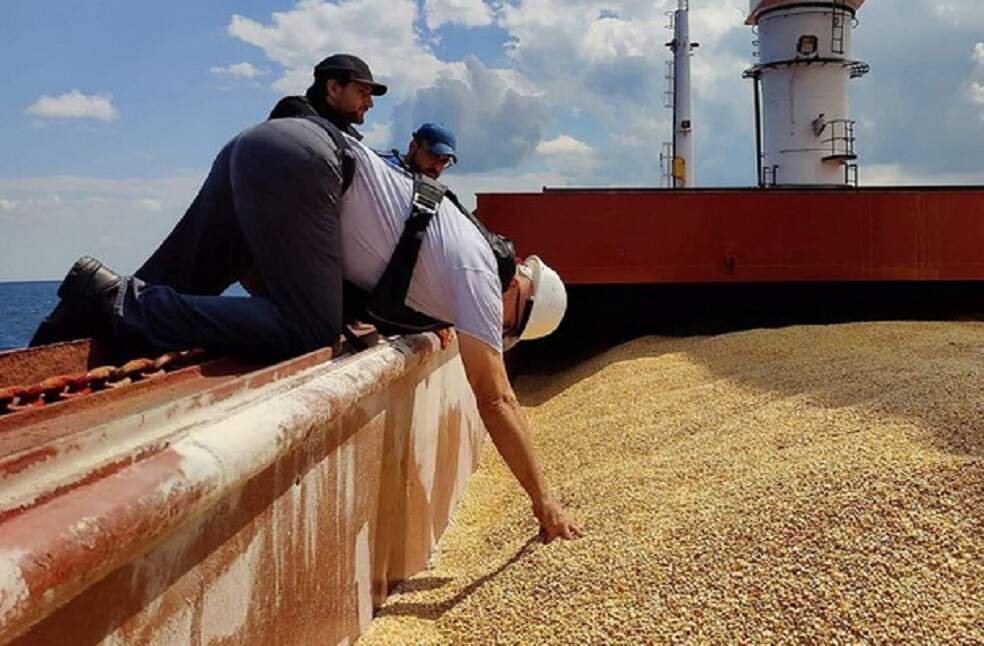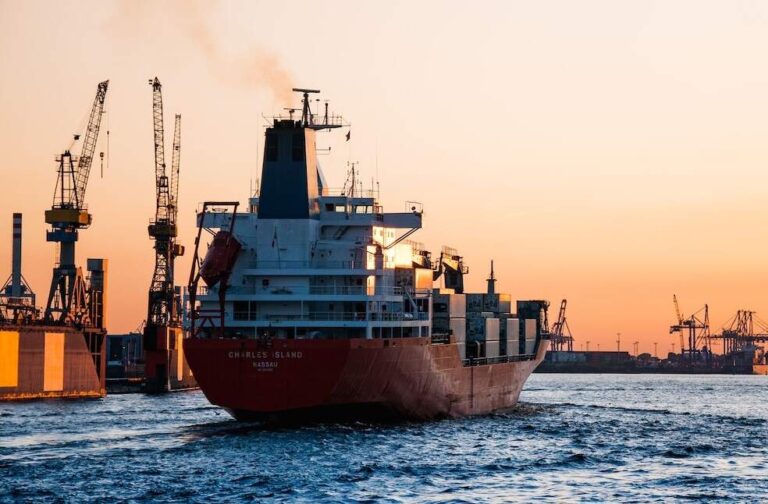Singapore: Russia has pulled out of a U.N.-mediated agreement that had permitted secure grain shipments out of the Black Sea, a move that could result in inflated prices for meat and grains in Asia-Pacific.
Followed by a Ukrainian attack on its fleet in Sevastopol the Russian foreign ministry stated it “can no longer guarantee the safety of civilian dry cargo ships participating in the Black Sea Grain Initiative and will suspend its implementation from today for an indefinite period.”

According to authors Genevieve Donnellon-May and Paul Teng in a research note published by Singapore think tank RSIS, in many Asian nations, grains like wheat, corn, and soybeans are critical for animal feed in order to produce beef, pork, poultry, and fish. Meat production and consumption are important in Asia.
Almost a third of the world’s wheat, 15 percent of its corn, and 2.1 percent of its soybean exports come from Russia and Ukraine, according to the authors. They also noted that Asian nations are particularly hard hit because many of their imports come from the region.
Maximo Torero, the Chief Economist of the United Nations Food and Agriculture Organization, noted that the Black Sea Grain program had freed 9 million metric tonnes of grain worth $3 billion before Russia ceased its participation.

Torero described the situation in the Black Sea, saying there were 89 vessels that had applied to join the initiative and another 97 filled vessels waiting to depart.
As shown in the Food and Agriculture Organization’s (FAO) most recent data, September saw a sixth consecutive month of declining global food prices. Cereal prices also decreased, but they spiked in September due to worries that the Black Sea Grain Initiative wouldn’t last through November.
Donnellon-May observed that Indonesia, which just reserved Ukrainian wheat cargoes, and Pakistan, where a government agency recently purchased around 385,000 tonnes of wheat, probably from Russia and Ukraine, are two Asia-Pacific nations that may be hardest hit by the most recent development in the Black Sea.

Bangladesh, Laos, Thailand, Malaysia, Sri Lanka, and other nations may also have difficulties. The United Nations and other international organizations have lobbied Russia to change its mind on the grain trade.



